June 24, 2025 | 02:16 GMT +7
June 24, 2025 | 02:16 GMT +7
Hotline: 0913.378.918
June 24, 2025 | 02:16 GMT +7
Hotline: 0913.378.918
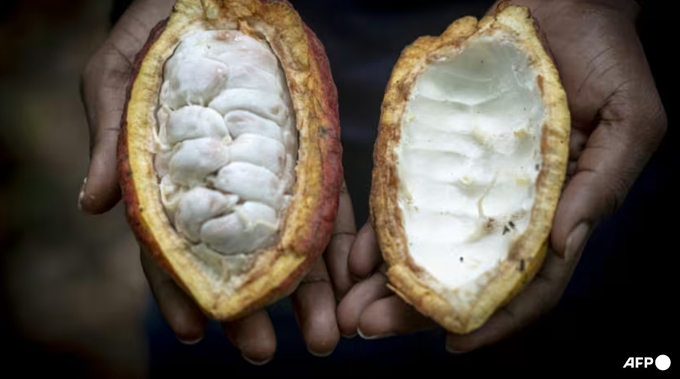
Along with gold and oil, the cocoa industry is a mainstay of Ghana's economy and foreign currency earnings. Photo: AFP.
It is the start of a new cacao season in Ghana but farmers are worried about how much they can get out of this year’s harvest.
The West African country is the world's second largest cocoa producer after its neighbour the Ivory Coast. Together, the two nations supply more than 60 per cent of the world’s cocoa.
But by the end of the last harvesting season in June, Ghana only managed to produce under 430,000 tonnes of cocoa – just half of its usual output.
“This year, the rainfall pattern has been very poor. We barely had enough rain so we may not get a good yield this time,” cocoa farmer Stephen Osei Appiah told CNA.
For the past three years, cocoa farmers in Ghana have been struggling to meet their production targets.
They attributed the poor harvest to a long dry spell linked to climate change. The crippling droughts came after extensive rainfall and flooding, dealing a double blow to cocoa farms.
Pests, plant diseases, illegal mining and smuggling activities also took huge chunks out of the supply.
This has caused prices to soar and hit local merchants hard.
“I used to buy more than 500 bags of beans every season, but now, I barely get 200 bags from farmers due to the poor harvest,” said cocoa merchant Opanyin Kwarteng.
The impact is compounded on the global market. A shortage of cocoa led to prices of the commodity tripling between January and April this year, reaching an all-time high of over US$12,500 per tonne.
It has eased since then, but is still 60 per cent higher than at the start of the year.
Ghana Cocoa Board, a government-controlled institution that fixes the buying price for cocoa in the nation, said the price increase will help the sector to survive.
“It comes with new dynamics but seeing the price increase significantly gives us hope that with better pricing, the industry will be sustained,” said Fiifi Boafo, the board’s public affairs manager.
Authorities said they are rolling out special measures to enhance productivity, including renovating old farms, improving farmland and boosting farmers' share of cocoa sold.
In the meantime, Ghana has revised down its cocoa production target for the new harvesting season due to continued erratic weather conditions, cutting the earlier target by nearly 20 per cent to 650,000 tonnes.
Aside from producers, the impact on cocoa is also bad news for others on the supply chain, especially as the holiday season for chocolate buying rolls around.
Over in the United Kingdom, which imports most of its cocoa from Ghana and the Ivory Coast, the prices of some popular festive treats have gone up by 10 per cent in the past year.
With prices for the key chocolate ingredient still at historic highs, both retailers and consumers are feeling the pinch.
For chocolate makers like UK-based Ruby Hue, the already tight margins of bean-to-bar chocolate production are being squeezed.
“It keeps you up at night when all of a sudden, you’re struggling to get a constant supply of cocoa because prices are changing, and maybe your agreements aren’t valid anymore which is quite anxiety inducing. But we keep turning up to work,” said the firm’s co-founder Tom Hughes.
At the annual London Chocolate Forum earlier this month, the skyrocketing price of cocoa was a major topic of conversation among industry players.
While analysts remain confident of the sale of sweets ahead of Halloween and Christmas, they acknowledged that the shortage in supply could lead to challenges in the longer term.
“I’ve yet to come across a parent who won’t buy their child some chocolate to make them happy,” said Marc Donaldson, founder of industry consultancy Cacao2Chocolate.
“But if the current price situation continues and pricing goes more and more into the retail side, it’s possible you could see some demand destruction.”
The term refers to a permanent or sustained decline in the demand for a certain good in response to persistent high prices.
The Brits love chocolate – the nation is among the top 10 globally for the amount consumed each year.
The first mass-produced chocolate bars were made in Bristol in southwest England in 1847. This move transformed chocolate from a luxury item to a more affordable treat.
But in recent years, prices have risen sharply.
For example, bars of the Cadbury Dairy Milk – a popular British brand of milk chocolate – have gotten smaller since 2010 but its price has doubled to almost £2 (US$2.50).
Some chocolate makers have been forced to think out of the box.
British firm Nukoko, for instance, is doing that by using domestic fava beans instead of imported cocoa. The company said its products are better for the planet, and proving to be a popular alternative.
“The increase in (cocoa) price is (at) unprecedented, historical highs. Every day, a couple of companies call us to explore cocoa-free chocolate because they’re struggling to see a positive outlook,” said its co-founder Ross Newton.
Still, for the purists and the traditional chocolate makers, the bitter taste from higher prices is likely to linger for at least the near-to-medium term, until cocoa supply recovers.
(CNA)
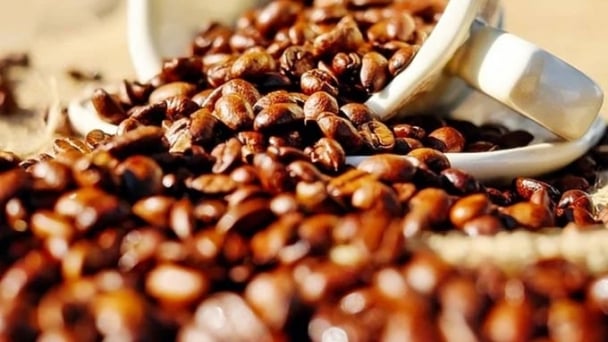
(VAN) Coffee prices on June 20, 2025, fluctuated, with Arabica plunging by 3%. Domestic coffee prices remained flat, trading at VND 103,000 – 103,500/kg.
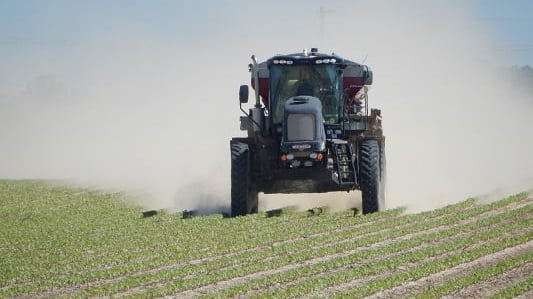
(VAN) The vice president of fertilizer with Stone X Group says increasing tensions in the Middle East are impacting global nitrogen prices.
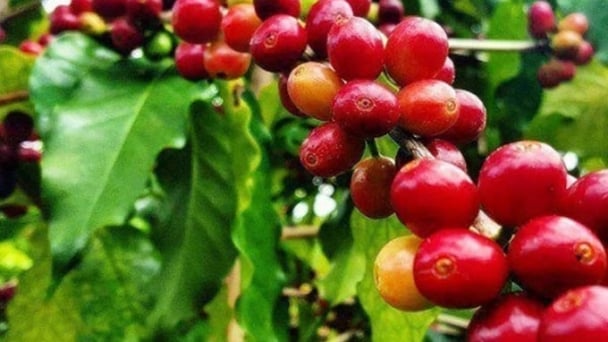
(VAN) Coffee prices on June 19, 2025 dropped globally. Domestic coffee prices dropped by as much as VND 2,300, plunging to around VND 107,100 - 107,700/kg.
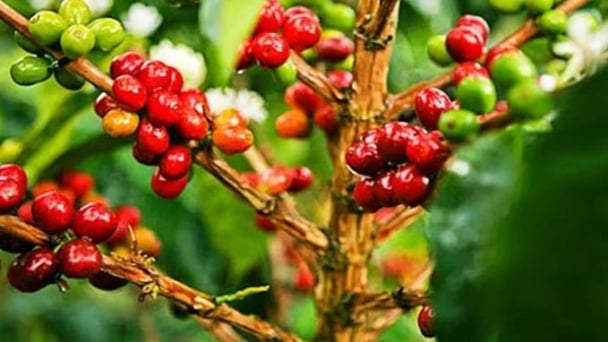
(VAN) Coffee prices on June 18, 2025, declined globally, with Arabica losing about 2.3%. Domestic prices fell by VND 1,600, down to VND 109,400 – 110,000/kg.
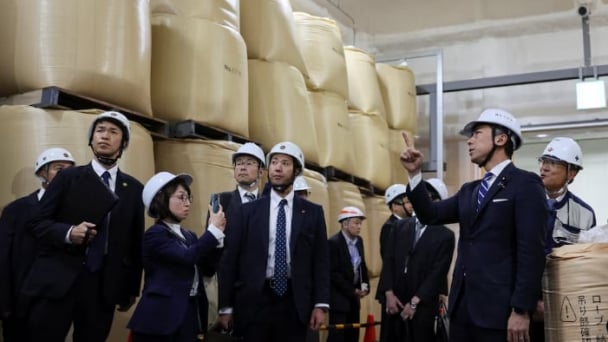
(VAN) Japan will release another 200,000 metric tons of rice from its emergency stockpile to tackle a doubling of prices since last year, Agriculture Minister Shinjiro Koizumi said on Tuesday.

(VAN) Coffee prices on June 13 declined sharply for Arabica. Domestic coffee market in Vietnam dropped by VND 2,000, trading at VND 111,500 – 112,300/kg.

(VAN) Coffee prices on June 12, 2025, continued to fall. Domestically, coffee prices decreased by another VND 2,000, trading at VND 111,500 – 112,300/kg.